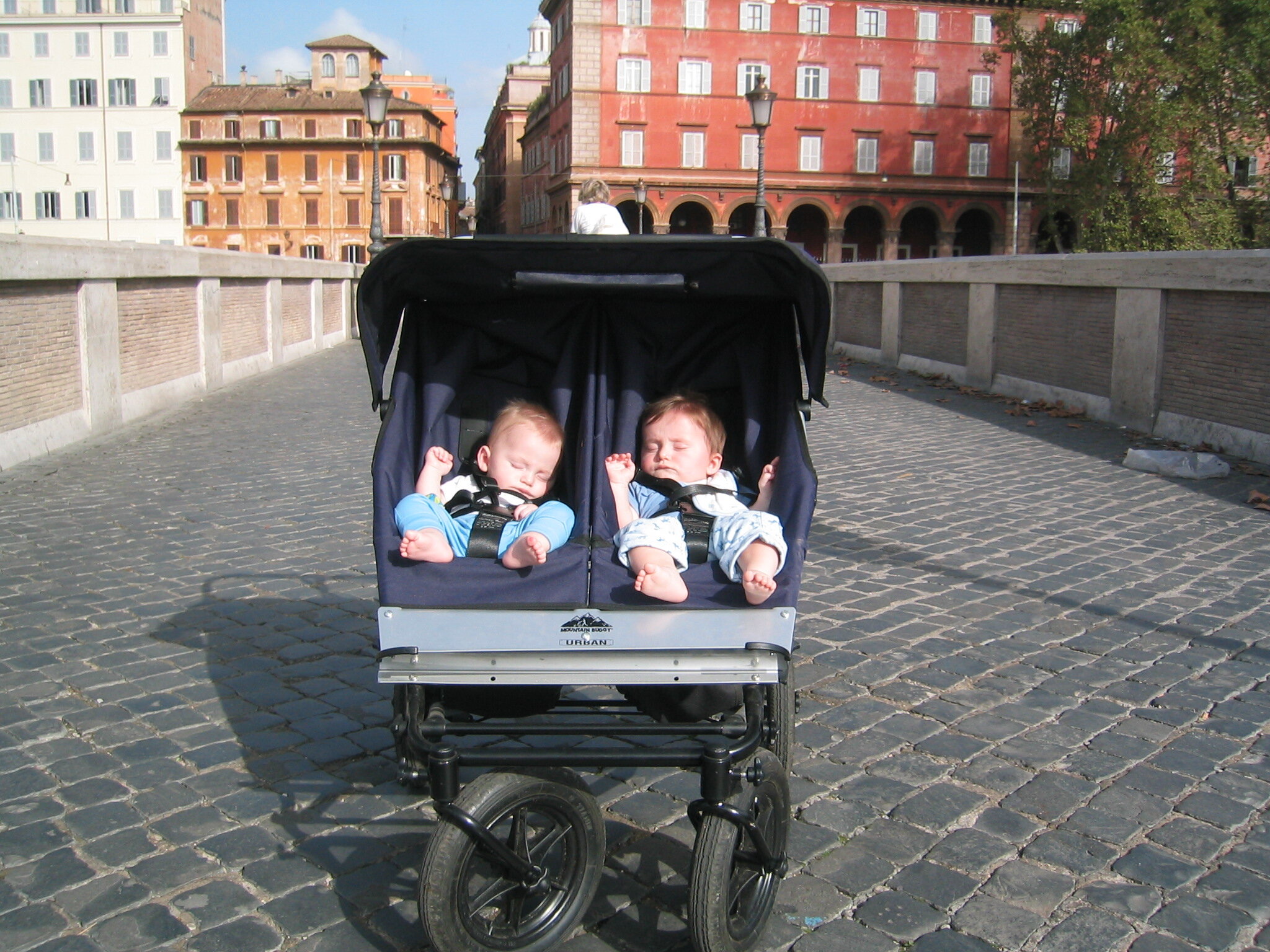FOUR SEASONS IN ROME
Q & A | Further Reading
Q: In Four Seasons in Rome, you talk about how habit is necessary, but also dangerous. You write that when we are familiar with something, “The act of seeing can quickly become unconscious and automatic.” But really seeing must be one of the most crucial things a writer does. So, what do you do to make sure to really focus on seeing the world around you?
A: I try to travel. Try to put myself in fairly difficult situations. There’s no better way to appreciate how nice home is until you go away somewhere for a week and eat unfamiliar food and sleep on a crappy bed. Or no bed at all. I worry about this “unconscious and automatic” thing especially now that I have children and a house and high-speed internet. I worry that, if I get too comfortable, I’ll start taking the incredible, breathtaking fortune of being alive in the world for granted. I don’t know about other folks, but I think for art to have any merit at all, it should remind the viewer/reader of the grandeur out there. Because it’s out there, all day long! The beauty of milk, of ants, of clouds, of a fifth-grader pushing his bike along the sidewalk beneath the leaves. I feel that I need to try to cultivate a way of seeing, to continually remind myself of these blessings, of the unimaginable miracle—the breathtaking fortune!—of living in such an interesting universe. I mean, there are somewhere around 400 billion stars in the Milky Way, and there are more galaxies in the universe than there are stars in the Milky Way. So let’s say there are, what, 1023 stars? And how many of those other trillions of suns have their own planetary systems? And you’re here, now, alive, and what are you going to do with that time?
Q: What did Rome do for you as a writer?
A: Maybe more than anything, it deepened my sense of historical time. Living in the mountains of Idaho, and having a science teacher for a mom, I grew up with a decent handle on geologic time, on fossils, on the age of the earth. But it wasn’t until we started pushing our baby stroller around Rome that I realized how both recent and distant two-thousand-year-old buildings can feel. How both knowable and unknowable were those lives that we call ancient. “Ancient” Romans got diarrhea and scratched their names into public buildings and loved strawberries and fought with their spouses, just like we do. But their children died far more often than ours, they were far more accustomed to seeing subjugated people, public hygiene was radically different, and mystery and magic hovered just outside the margins of every map.
Q: Is Four Seasons essentially a culling of your notes from your days in Italy? Was there a pattern you followed while recording your observations, etc? How did you edit?
A: I keep a daily diary, even when I’m at home, but in Rome, the journal-writing took over my fiction-writing and became the craft I spent most of my time on. I'd write for three hours in a notebook and look up and realize I had to get back to help with the babies and had left myself no time to work on my novel. So, when we returned back home to Idaho, I had at least two or three pages of my journal from nearly every day while we were there. Of course, turning those entries into a (hopefully) functioning and (hopefully) engaging book took a lot of evenings of work. Mostly I tried to tease out narrative threads that ran through multiple entries: the babies growing, the pope dying, the sense of mystery, Pliny, Rome's unending history. But through the work, I began to process our experience there, and what a gift it was, and how grateful I was—and still am—to my amazing wife, Shauna, for being willing to bring our baby boys there and take on the adventure with me. Hopefully some of that gratitude shows in the final version of the memoir.
